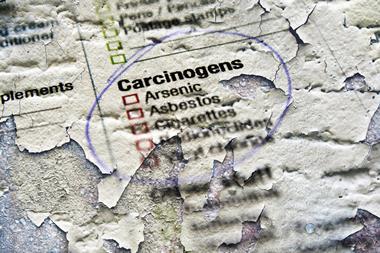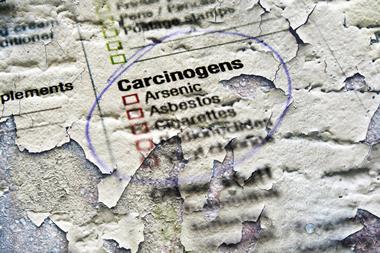Criticism of carcinogenicity assessments that place processed meat in the same category as mustard gas
The World Health Organization’s (WHO) agency that evaluates the cancer risk chemicals pose to the public uses outmoded hazard-based assessments, according to 10 well-known academic, government and industry scientists. In a commentary, the authors suggest that such frameworks can lead to unfounded public concerns and knee-jerk government responses.
The International Agency for Research on Cancer (IARC) monograph process is based on a concept developed in the 1970s that chemicals could be divided into two classes: carcinogens and non-carcinogens, according to the authors, who make the same criticism of the UN’s Global Harmonized System for Classification and Labelling. ‘Categorisation in this way places into the same category chemicals and agents with widely differing potencies and modes of action,’ the authors assert. ‘This is how eating processed meat can fall into the same category as sulfur mustard gas.’
In contrast, the authors argue that approaches based on hazard and risk characterisation offer an ‘integrated and balanced picture of hazard, dose response and exposure’, and allow for informed risk management decisions.
The criticisms come just weeks after a US House of Representatives oversight and government reform committee announced its intention to convene a briefing on the IARC. Concerns had been raised that the body was receiving US funding despite questions over its conclusions about the safety of certain chemicals, such as the pesticide glyphosate.
To address their concerns, the authors argue that an initiative to agree upon a standardised, internationally accepted methodology for carcinogen assessment is needed now. The approach should incorporate principles and concepts of existing international consensus-based frameworks such as the WHO International Programme on Chemical Safety.
‘Advances in the science of risk assessment and chemical risk management are not reflected in the outmoded IARC hazard-only evaluation approach,’ said Rita Schoeney, a former science advisor to the US Environmental Protection Agency and an author of the commentary.
References
A R Boobis et al, Regul. Toxicol. Pharm., 2016, DOI: 10.1016/j.yrtph.2016.10.014
















No comments yet